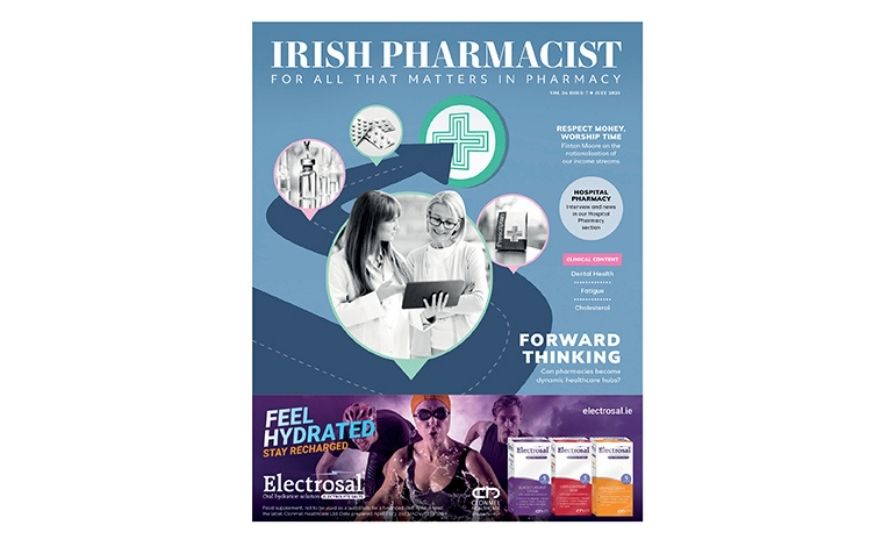Pioneering new research into drug-gene testing by Ulster University could reduce the pressure on hard-pressed health services by reducing the likelihood of ineffective or inappropriate drug treatments being prescribed, or unnecessary admissions to hospital. In parallel, the testing would reduce the risk of serious side-effects for patients on prescription medication.
Research underway in the Personalised Medicine Centre between the University’s Derry campus and Altnagelvin Hospital will enable analysis of genetic code from blood samples to ensure prescribed drugs will provide benefit to patients. Minor variations in DNA sequence determine the rate at which prescribed medicine is correctly processed/metabolised in the body to its active form and affect patients’ experience of medical benefits or unwanted side-effects from the drug treatment.
Drug-gene testing can help alleviate some of the pressures for the NHS by reducing the frequency of admissions caused by treatment side-effects and repeat visits to doctors when treatments don’t work. It is believed that the safety and effectiveness of nearly one million prescriptions could be improved each year in Northern Ireland with drug-gene testing.
In Northern Ireland, medicine costs account for 5.5 per cent of the health budget, and primary care prescribing costs £234 per person, compared to £162 per person in England. With many patients on five or more concurrently prescribed medications, there is both a clinical and economic need for personalised medicine in healthcare.
This personalised approach to prescription medication along with medicines use reviews can significantly reduce the risk of serious side-effects and toxicity caused by medications which can’t be correctly broken down in some patients. These potential reactions are responsible for 15 per cent of hospital admissions in patients 65 years or older and up to 20 per cent of patients admitted to acute medical units in the UK.
Outlining the significance of the drug-gene research, Dr David Gibson from Ulster University’s Personalised Medicine Centre explained: “Our genome is unique to each of us, and it shapes our development from embryo right through to old age. Along with our individual life experiences and exposures to chemicals, lifestyle, diet and other factors, our genes determine what diseases we may develop and how we respond to treatment. Most drug development assumes that all patients with a condition will respond in a similar way to a specific drug and they will generally receive the same first-line treatment. This can be a waste of drugs and valuable time for both the patient and those treating them, where there is a limited or no response to that medication.
“The painkiller codeine illustrates just how variable the processing of a drug can be in the body, with only 42 per cent of patients experiencing effective pain relief. Others may break down the drug slowly and experience little or no pain relief, and up to 2 per cent can convert codeine to morphine so quickly that it could become an overdose.
“Armed with the knowledge of an individual patient’s drug converting genes, doctors can prescribe the drugs and doses best suited to each person.”







